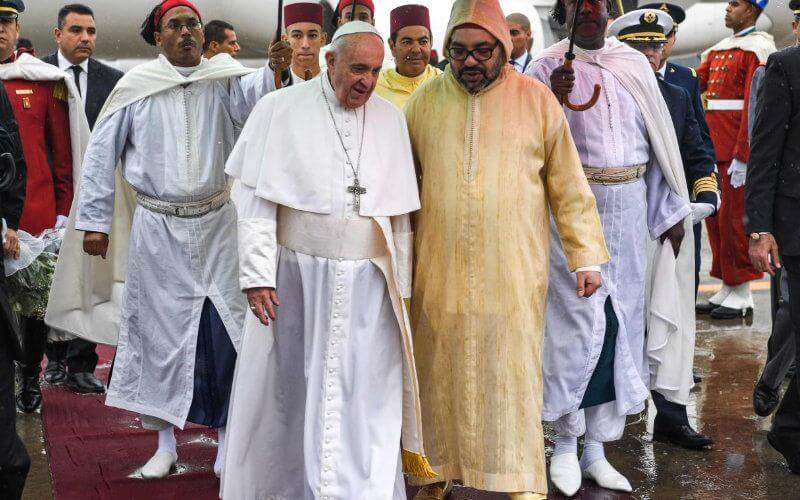Report Hails Morocco as Model of Religious and Political Stability Under King Mohammed VI

Morocco is described as a "singular example of political-religious construction" in a report by the Thomas More Institute. In a study entitled "Nation and Religion: The Moroccan Experience", the author, Sophie de Peyret, examines Morocco and its peculiarities that arouse the curiosity of many researchers.
It is a thorough analysis in which Sophie de Peyret describes King Mohammed VI as "both a temporal and spiritual authority". The author perceives Morocco as "a religious orientation that seeks to promote the path of moderation, a desire to impose itself, not as a model, but as an alternative voice".
For her, over the centuries, "the Sherifian Kingdom has forged a solid doctrinal foundation, with a measured and Islamically orthodox reading". Fascinated by the uniqueness of the kingdom, she specifies that "the peculiarities of Islam in Morocco appear to be the fruit of a history that continues to this day, and which is as much a matter of national identity as of religious norms".
In her analysis, Sophie de Peyret did not overlook "the Moroccan monarchical exception, where the King is also the Commander of the Faithful". A commandery that is based on "a pact concluded between the Sovereign and his people".
Moreover, she adds, the recent Constitution adopted in 2011 enshrines this dual status: "the king is both the head of a state with a Constitution and a Parliament, and the highest authority in the religious field, the guarantor of respect for Islamic principles".
Related Articles
-

Quebec’s International Student Crisis: UQAM Faces 39% Drop as Government Policies Spark Global Concern
5 September 2025
-

Surge in UK Train Phone Thefts: One Device Stolen Every 44 Minutes, Many Ending Up in Morocco
5 September 2025
-

French Retirees Abroad Face Digital Revolution: Biometric App Replaces Traditional Proof of Life
5 September 2025
-

Fake Colonel Arrested: Massive Fraud Scheme Uncovered in Morocco’s Southeast
5 September 2025
-

Royal Rift: Macron and Morocco’s King Clash Over Pegasus Spyware Scandal
5 September 2025